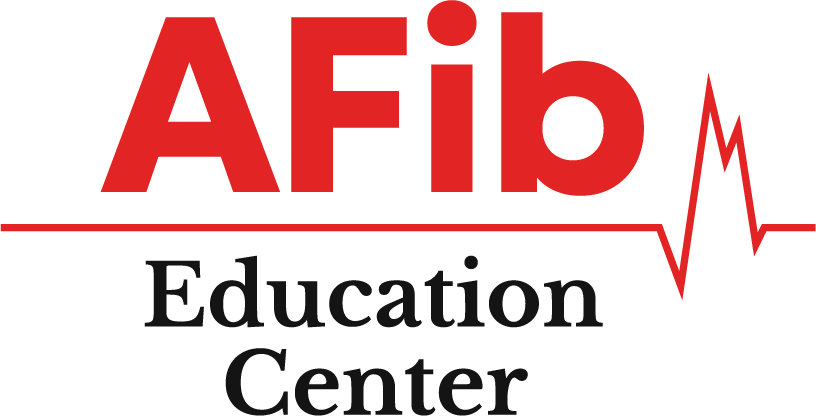What are the Symptoms of Afib?
Atrial fibrillation (AFib) is an arrhythmia characterized by irregular and rapid heartbeats caused by abnormal electrical activity in the heart. This erratic signaling disrupts the heart’s normal rhythm controlled by the brain. The symptoms of AFib stem primarily from these rapid heart rates.
During AFib, symptoms mimic those of intense physical exercise, with the heart beating rapidly and irregularly without exertion. This unpredictability arises from abnormal electrical signals within the heart, which individuals cannot control.
Key Symptoms
- Palpitations: Sensation of the heart beating rapidly, irregularly, or forcefully.
- Shortness of Breath: Difficulty breathing, similar to strenuous activity.
- Fatigue: Persistent tiredness or exhaustion.
- Chest Discomfort: Pressure, tightness, or pain in the chest.
- Lightheadedness: Dizziness or feeling faint.
Key Points Covered
- Nature of AFib Symptoms: Symptoms result from rapid heart rates due to abnormal heart signals, akin to intense exercise responses.
- Common Symptoms: Include palpitations, shortness of breath, fatigue, chest discomfort, and lightheadedness.
- Comparison to Normal Exercise: AFib symptoms mirror exercise-induced responses but occur spontaneously and uncontrollably.
- Impact of Symptoms: AFib symptoms can significantly impact quality of life due to their unpredictability and the inability to control heart rhythm.
- Management Focus: Treatment aims to control heart rate and alleviate symptoms to improve well-being.
Understanding these symptoms and their origins is crucial for recognizing AFib and seeking effective management strategies.
